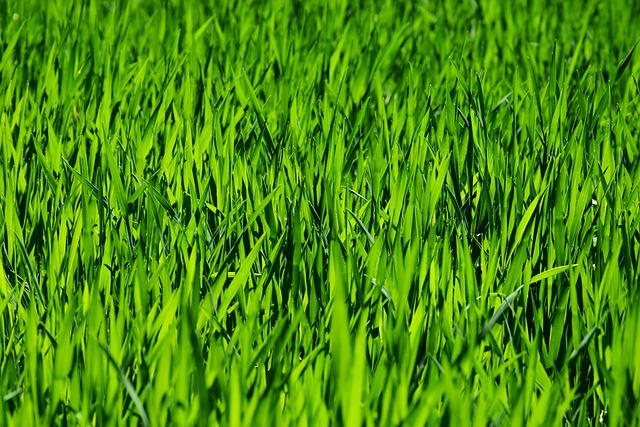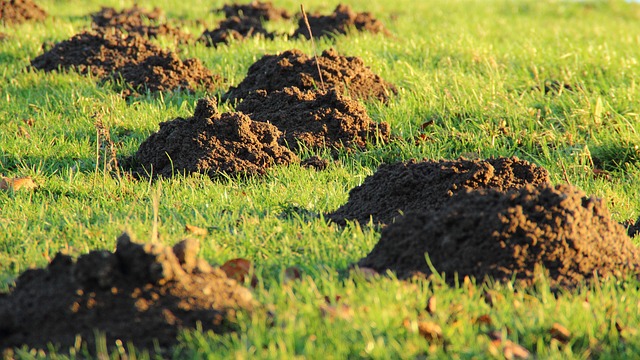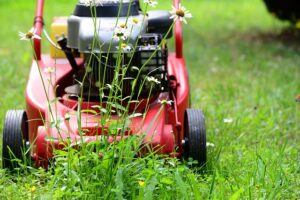Navigating the complexities of lawn care and landscaping, homeowners and gardeners alike seek informed decisions to cultivate thriving outdoor spaces. This article delves into the critical role of comprehensive assessments and expert consultations in crafting tailored strategies for your lawn. Understanding the intricacies of soil composition, climate conditions, and plant varieties are pivotal in achieving optimal results. We will explore the process of consultation that guides personalized lawn care strategies, highlighting key factors to consider during a thorough evaluation. By embracing a detail-oriented approach, informed decisions lead to flourishing landscapes that stand as testaments to the art and science of lawn care and landscaping.
- Understanding the Role of Comprehensive Assessments in Effective Lawn Care and Landscaping
- The Process of Consultation for Tailored Lawn Care Strategies
- Key Factors to Consider During a Lawn Care and Landscaping Evaluation
Understanding the Role of Comprehensive Assessments in Effective Lawn Care and Landscaping

Lawn care and landscaping are multifaceted practices that require a deep understanding of local soil conditions, climate patterns, and the specific needs of various grasses and plant species. A comprehensive assessment plays a pivotal role in developing an effective lawn care and landscaping plan. These assessments involve a thorough evaluation of the current state of the lawn or landscape, including soil testing to determine nutrient levels, pH balance, and potential contaminants that could hinder healthy growth. Understanding the unique characteristics of the site is crucial for tailoring lawn care practices, such as selecting the appropriate type of grass seed for the climate and soil type, ensuring that irrigation systems are optimized for water conservation, and identifying any existing or potential pest infestations or diseases that could damage the turf and plantings.
Moreover, a comprehensive consultation with lawn care professionals can provide homeowners with insights into the best practices for maintaining their outdoor spaces. These experts can offer personalized advice based on the assessment findings, from selecting the right fertilizers and pesticides to recommending landscaping design elements that complement the natural environment and enhance aesthetic appeal. By leveraging detailed assessments and expert consultations, homeowners can make informed decisions that lead to a vibrant, healthy lawn and landscape, contributing to the overall enjoyment of their outdoor spaces and potentially increasing property value. Engaging in such a process ensures that each aspect of care is considered for the lawn’s ecosystem, promoting sustainability and resilience against environmental challenges.
The Process of Consultation for Tailored Lawn Care Strategies

Key Factors to Consider During a Lawn Care and Landscaping Evaluation

When embarking on a lawn care and landscaping evaluation, several critical factors necessitate careful consideration to ensure optimal outcomes for your outdoor spaces. Soil quality, for instance, is paramount; it serves as the foundation for plant health and growth. A thorough assessment of soil composition can inform the best approach for amending nutrients, pH levels, and drainage to support a thriving landscape. Sunlight exposure and local climate patterns also play significant roles in determining which plants and grass varieties will flourish. Understanding the light conditions and typical weather patterns in your region allows for the selection of plant life that is well-suited to those environmental factors, reducing the need for constant corrective measures.
Another key factor is the existing landscape architecture, including the layout, design elements, and current plantings. Evaluating these aspects helps in planning for efficient irrigation systems, sustainable landscaping practices, and aesthetically pleasing additions that complement the existing space. Additionally, considering the intended use of the space—be it recreational, ornamental, or a combination of both—guides the selection of plants and features that cater to functionality while maintaining a cohesive and visually appealing design. By taking into account these elements during your lawn care and landscaping evaluation, you can make informed decisions that lead to a beautiful, sustainable, and well-maintained outdoor environment.
Lawn Care And Landscaping play a pivotal role in enhancing property aesthetics and environmental health. A well-executed lawn care and landscaping strategy not only elevates curb appeal but also supports ecosystems and biodiversity. Comprehensive assessments are instrumental in identifying the unique needs of each lawn, ensuring tailored solutions that address specific challenges and optimize growth potential. Through thoughtful consultation processes, homeowners and professionals alike can devise effective strategies that cater to local soil conditions, climate factors, and desired outcomes. By integrating these informed decisions into practice, one can achieve a thriving landscape that is both beautiful and sustainable.
